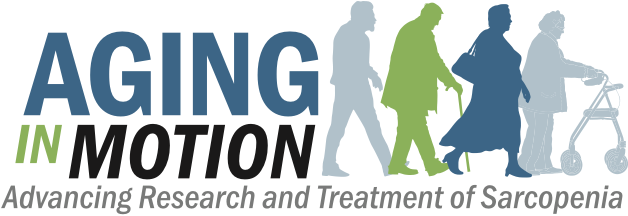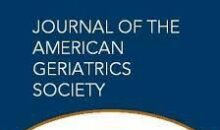
Gerontological Society of America
The Gerontological Society of America (GSA) is the oldest and largest interdisciplinary organization devoted to research, education, and practice in the field of aging. GSA’s principal mission — and that of its 5,400 members — is to advance the study of aging and disseminate information among scientists, decision makers, and the general public.
The Society, founded in 1945, is the driving force behind the advancement of gerontology both domestically and internationally. Its members come from over 40 countries.
GSA fosters collaboration between biologists, health professionals, policymakers, and behavioral and social scientists. We believe the intersection of research from diverse areas is the best way to achieve the greatest impact and promote healthy aging.
To further fulfill its mission, GSA assembles over 3,500 professionals from around the world to an Annual Scientific Meeting. This monumental event now features over 400 sessions each year. Additionally, GSA publishes the field’s preeminent peer-reviewed journals.
Through networking and mentorship opportunities, GSA provides a professional “home” for career gerontologists and students at all levels. GSA knows these individuals are our legacy and it is crucial to foster those who follow in our footsteps.
The Mission of The Gerontological Society of America is:
- To promote the conduct of multi- and interdisciplinary research in aging by expanding the quantity of gerontological research and by increasing its funding resources;
- To disseminate gerontological research knowledge to researchers, to practitioners, and to decision and opinion makers; and
- To promote, support, and advocate for aging education, and education and training in higher education.
The major objectives of this mission are:
- To promote scientific study of aging in both the biomedical and behavioral/social sciences;
- To stimulate communications among scholarly disciplines, and among professionals including researchers, teachers, administrators, and others;
- To disseminate research findings by means of its publications;
- To expand education in aging, including the promotion of educational programs in gerontology;
- To foster application of research in the development of public policy;
- To develop the qualifications of gerontologists by setting high standards of professional ethics, conduct education, and achievement.

